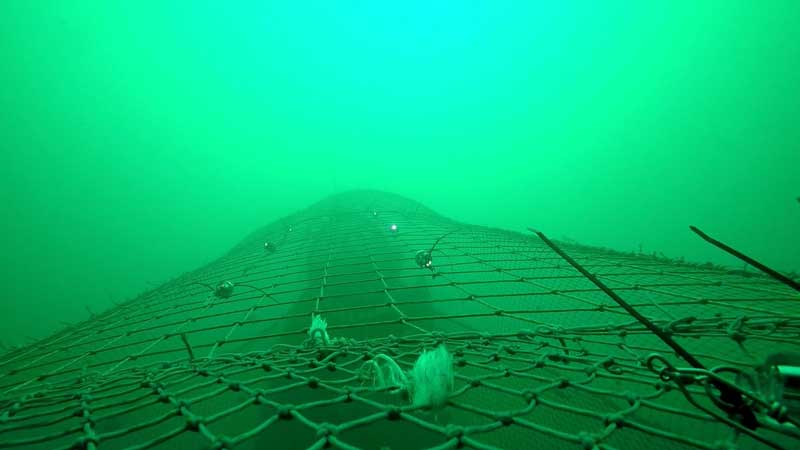Published:

Marine eco-systems in English waters need greater legislative protection, according to a new independent review.
Heriot-Watt’s Chief Scientist, Professor Michel Kaiser, was one of eight expert panel members invited to give their insight and guidance on The Benyon Review into Highly Protected Marine Areas (HPMAs) published this week.
The 136-page document sheds light on the potential social and economic benefits of introducing HPMAs such as increasing tourism and recreational activities, opportunities for scientific research and education, and positive effects for human health.
The Review, led by former Fisheries Minister, Richard Benyon, defines HPMAs as areas of the sea that allow the protection and recovery of marine ecosystems. It sets out a series of recommendations including calls for the UK Government to introduce HPMAs alongside the existing Marine Protected Areas network. It also says the Government must set conservation targets that allow full recovery of marine environments and take a ‘whole site approach’ when it comes to conserving habitats and species.
The Review recognises that human activity...can negatively impact on the marine environment but when managed well, some appropriate activities provide an enriched experience for the well-being of human participants.
Professor Kaiser is the Professor of Fisheries Conservation based at the Lyell Centre, on the Edinburgh campus, a strategic partnership between Heriot-Watt University and the British Geological Survey, specialising in land and marine conservation, geology and geoscience.
He said: “I’m delighted to have been part of the team helping to guide the production of this Review. HPMAs will enable us to understand how well our other protected areas are performing in relation to their conservation goals. We know it may take 10 to 20 years for some areas to start returning to something like their undisturbed state, hence we will need to have a long-term view if these areas are to be implemented effectively.”
Within their boundaries, HPMAs would only permit appropriate levels of non-extractive activities such as vessel transit, scuba diving and kayaking. Activities that could affect habitats or wildlife, including fishing, construction and dredging would be excluded from these areas. The Review claims the introduction of HPMAs could lead to a significant biodiversity boost by giving marine life the best chance to recover and thrive.
Professor Kaiser added: “Importantly, the Review recognises that human activity, if not managed proportionately, can negatively impact on the marine environment, but that when managed well, some appropriate activities can continue and will provide an enriched experience for the well-being of human participants. It is well understood that people gain more from experiences that are enhanced by diverse and rich seascape features.”
Forty percent of England’s seas are designated as Marine Protected Areas but the Government’s own Marine Strategy assessment shows the environment is not in a healthy state.
The review added the UK Government should use HPMAs as an opportunity to increase public awareness of the marine environment and seek to maximise the direct and indirect social, economic and cultural benefits of HPMA designation.
The Review commissioned in 2019 by the then Environment Secretary, Michael Gove, was published today (8 June) by the Department for Environment, Food and Rural Affairs (Defra). Its findings will now be considered by the UK Government.